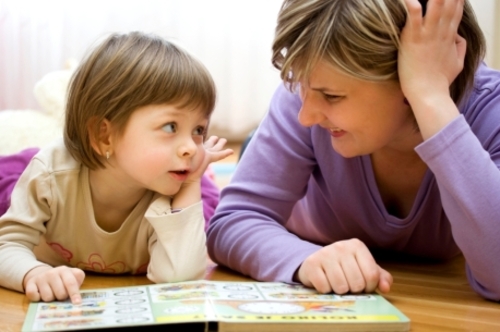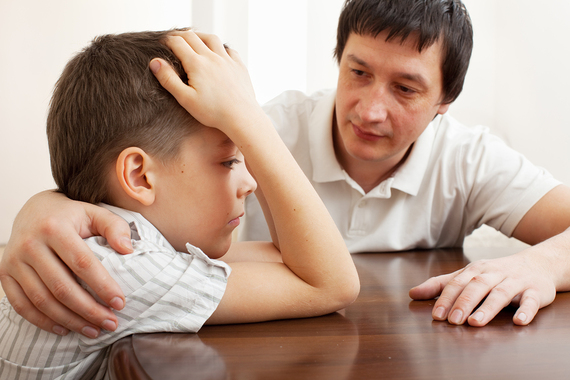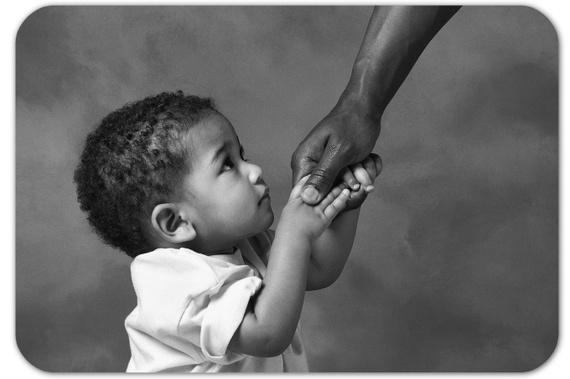With the rate at which children are born into the world, it's becoming increasingly necessary to put emotional, physical and financial structures in place to ensure that these children grow to become better adults. It is the joy of every parent to see his or her child grow to become more aware, more compassionate, successful and socially responsible than they were as young adults. Achieving such feat is no walk in the park. From the moment a child is born, to the day he turns 18 at least, parents are practically on all fours investing their best in the development of their child.
Training up a child in the way he should go is beyond being a role model. In the journey towards a well-developed child, certain important lessons and value systems must be impacted. No doubt, a child should be given enough freedom to grow into his own self, but not too much to lose him completely to the wind. These three tips essentially cover the core process of training.
Nurture- While this should not be entirely left to the mothers, it's important that children are astutely nurtured. Values such as empathy, self-compassion, graciousness and more should be instilled in a child. The world is increasingly being filled with people who have no respect or regard for the well-being of others. The cycle should be stopped. Parents should spend the kids' early childhood improving critical thinking, problem solving skills through craft kits and more. Kids will not do excellently well in their studies or among their peers if essential building blocks are not put in place. Such training occurs within the walls of the home before the results are seen on the streets. Children should be nurtured to build their resilience and manage their emotions and reactions. Most certainly, this involves large doses of patience and listening emphatically. But it can be well achieved.
Correct- The most important job of a parent is to make the child feel intrinsically worthy. Corrections should be made out of love and not temporary emotions. Honestly critique the child's behaviour and not his character. A parent's response to a child's failure greatly influences the internal model of a child. Hurtful punishments for wrong doings could teach the child to believe that he deserves harsh punishments whenever he fails as an adult. This could reduce motivation levels and quality of life in the long run. Instead, compassionately discipline your child. Spend more time correcting and showing a better way to handle issues and emotions, than beating oneself up. The goal after all, is to build great behavioral patterns, and not destroy.
Inspire- For as long as a child stays with a parent, the parent is arguably the first and longest role model the child knows. Make such position worth it. Inspire creativity, hardwork and intelligence in your child. Help kids understand from an early age, that life is, and will always be made up of highs and lows, and that's what makes it beautiful. Show them the way that's right, lawful and noble.
Though nothing is really guaranteed, we ought to put our best foot forward in giving our kids the best chance of becoming a great adult.



